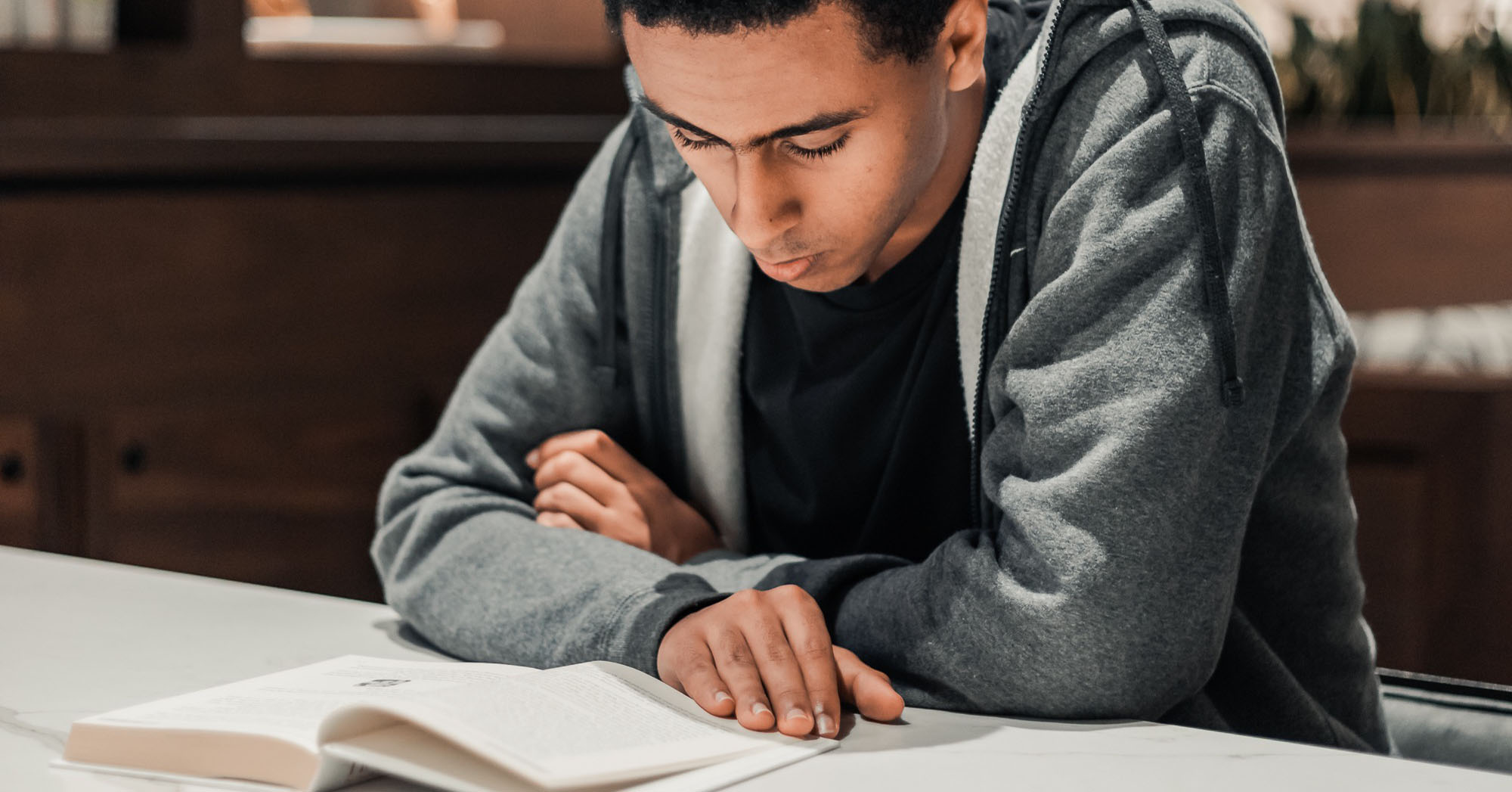[ad_1]
I’ve never understood the term “nonfiction novel.” For one, stories are either true or they’re not. Readers deserve a clean distinction between fact and fiction. But more than that, the term seems to arise from a misguided assumption that only novels can move and thrill readers, while nonfiction educates and informs them. And only a “nonfiction novel” can accomplish both.
When working on my book, The Road from Raqqa, a true story of two Syrian brothers’ journeys out of their home country, and back to each other, in the midst of civil war, I certainly drew inspiration from my favorite novels. But even more so, I found myself studying the very best of nonfiction, work that moves at a fast pace and inspires strong emotion. I wanted to read books that helped me understand the world around me, but that did so through stories that felt human and urgent, filled with characters I loved or loathed.
Whether it was Katherine Boo’s eye for detail, Evan Ratliff’s ability to distill investigative reporting into a riveting narrative, or Hisham Matar’s gift for translating memory into literature, each of these books taught me something critical about how to write my own. They’re not novels. They’re just stories, told with incredible pacing and deep empathy, rooted in the world as it exists, written and reported with an unwavering commitment to the truth. As such, they represent the very best of what nonfiction can be.
Featured Image: @EsruTheGreat/Twenty20
-

Behind the Beautiful Forevers
Katherine Boo
This book is an incredible feat of observational reporting. Katherine Boo spent years embedded in a Mumbai slum, sinking deep into the lives of the people who live there. She removes herself entirely from the storytelling, and the result is a work that feels immediate and urgent, full of complex characters moving through an equally complex slice of the world.
-

The Skies Belong to Us
Brendan I. Koerner
Did you know that airplanes used to be routinely hijacked? I certainly didn’t until reading this book by Brendan Koerner, which reads like a high-stakes thriller from an era I never knew existed.
-

The Return (Pulitzer Prize Winner)
Hisham Matar
Of course, this book reads like a novel. Matar is one of the world’s great novelists. This memoir, though, exemplifies the very best of nonfiction, telling the story of his own return to his native Libya to search for his father in the midst of his country’s civil war. It is personal, political, and gorgeous.
-

The Mastermind
Evan Ratliff
This book moves from Wisconsin to South Africa to the Philippines, disentangling the massive and violent web of global cartel head Paul Le Roux. Reading investigative reporting can so often feel like eating your vegetables, but here, Ratliff serves up a delicious page-turner, with stakes that seem to rise with every page.
-

Wild (Movie Tie-in Edition)
Cheryl Strayed
Most of these books are built around reporting. Cheryl Strayed’s, though, emerges from plumbing the depths of her own experience, then emerging with a story of grief, resilience, and determination. Funny at times, deeply moving at many others, Wild is a story that sticks with the reader years after finishing its last page.
-

The Warmth of Other Suns
Isabel Wilkerson
Isabel Wilkerson’s new book, Caste, has emerged as one of the most important books of the past year, but her 2013 book is a similarly incredible feat. She traces the story of the “Great Migration” of Black Americans out of the South during Jim Crow, with stories plucked from history but told with a kind of detail that makes them feel as they’re unfolding in present day.
-

Featured Book
The Road from Raqqa
Jordan Ritter Conn
The Alkasem brothers, Riyad and Bashar, spend their childhood in Raqqa, the Syrian city that would later become the capital of ISIS. As a teenager in the 1980s, Riyad witnesses the devastating aftermath of the Hama massacre—an atrocity that the Hafez al-Assad regime commits upon its people. Wanting to expand his notion of government and justice, Riyad moves to the United States to study law, but his plans are derailed and he eventually falls in love with a Southern belle. They move to a suburb of Nashville, Tennessee, where they raise two sons and where Riyad opens a restaurant—Café Rakka—cooking the food his grandmother used to make. But he finds himself confronted with the darker side of American freedoms: the hardscrabble life of a newly arrived immigrant, enduring bigotry, poverty, and loneliness. Years pass, and at the height of Syria’s civil war, fearing for his family’s safety halfway across the world, he risks his own life by making a dangerous trip back to Raqqa.
Bashar, meanwhile, in Syria. After his older brother moves to America, Bashar embarks on a brilliant legal career under the same corrupt Assad government that Riyad despises. Reluctant to abandon his comfortable (albeit conflicted) life, he fails to perceive the threat of ISIS until it’s nearly too late.
The Road from Raqqa brings us into the lives of two brothers bound by their love for each other and for the war-ravaged city they call home. It’s about a family caught in the middle of the most significant global events of the new millennium, America’s fraught but hopeful relationship to its own immigrants, and the toll of dictatorship and war on everyday families. It’s a book that captures all the desperation, tenacity, and hope that come with the revelation that we can find home in one another when the lands of our forefathers fail us.
[ad_2]
Source link
